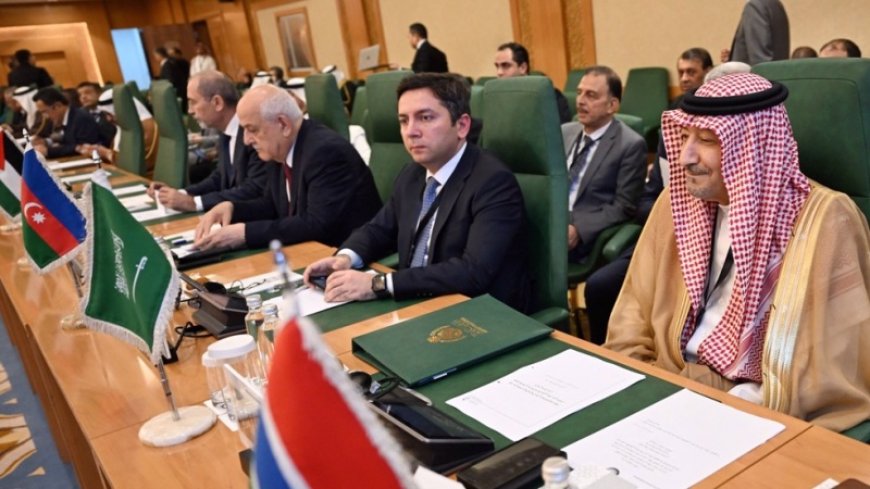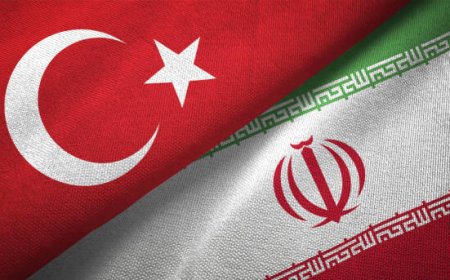The Organization of Islamic Cooperation (OIC) has issued a forceful condemnation of the recent assassination of senior Hamas leader Ismail Haniyeh in Tehran, characterizing the incident as a "heinous crime" and a grave violation of Iran's sovereignty. The OIC's 57-member states voiced their concerns following an extraordinary meeting in the Saudi port city of Jeddah, convened at the request of both Iran and Palestine.
In a statement released Wednesday, the OIC laid full responsibility for the attack at the feet of the Israeli regime, denouncing the killing as a "crime of aggression" and a "flagrant violation of international law and the United Nations Charter." The organization emphasized that this act not only breached Iran's sovereignty and territorial integrity but also posed a significant threat to regional security and stability.
The assassination of Haniyeh, who led the Political Bureau of the Palestinian Resistance Movement, along with one of his bodyguards, occurred late last month. This brazen act has sparked outrage across the Muslim world, with many seeing it as an escalation in the ongoing conflict between Israel and Palestinian factions.
Saudi Arabia, represented by Deputy Foreign Minister Waleed al-Khereiji, echoed the OIC's condemnation, labeling the assassination as a "blatant violation" of Iran’s sovereignty. Al-Khereiji emphasized Riyadh’s firm stance against any infringement on the sovereignty of states or interference in their internal affairs, a position that has gained broader support among the OIC members.
Iran's Acting Foreign Minister, Ali Bagheri-Khani, addressed the summit, underscoring the need for a decisive response to deter further Israeli aggression. Bagheri-Khani stated that the Islamic Republic of Iran is compelled to retaliate, given the Security Council's inaction on the matter. The Iranian government has signaled that it sees this assassination as part of a broader pattern of provocations that threaten its national security.
Iran's Supreme Leader, Ayatollah Seyyed Ali Khamenei, has issued a stern warning, vowing that the Islamic Republic will avenge the blood of the Resistance leader. The Islamic Revolutionary Guard Corps (IRGC) has also declared that a tough and punitive response from the Axis of Resistance, a coalition of anti-Israel forces in the region, is warranted in light of the assassination.
The incident has drawn international attention, with calls for the UN Security Council to intervene and prevent further destabilization in the region. The OIC's statement reflects growing concerns over the potential for increased violence and the broader implications of such targeted killings on international peace and security.
As tensions rise, the global community watches closely to see how Iran and its allies will respond to what they view as an unprecedented violation of their sovereignty. The situation remains fluid, with the possibility of retaliatory actions looming large, further complicating the already volatile dynamics in the Middle East.














































